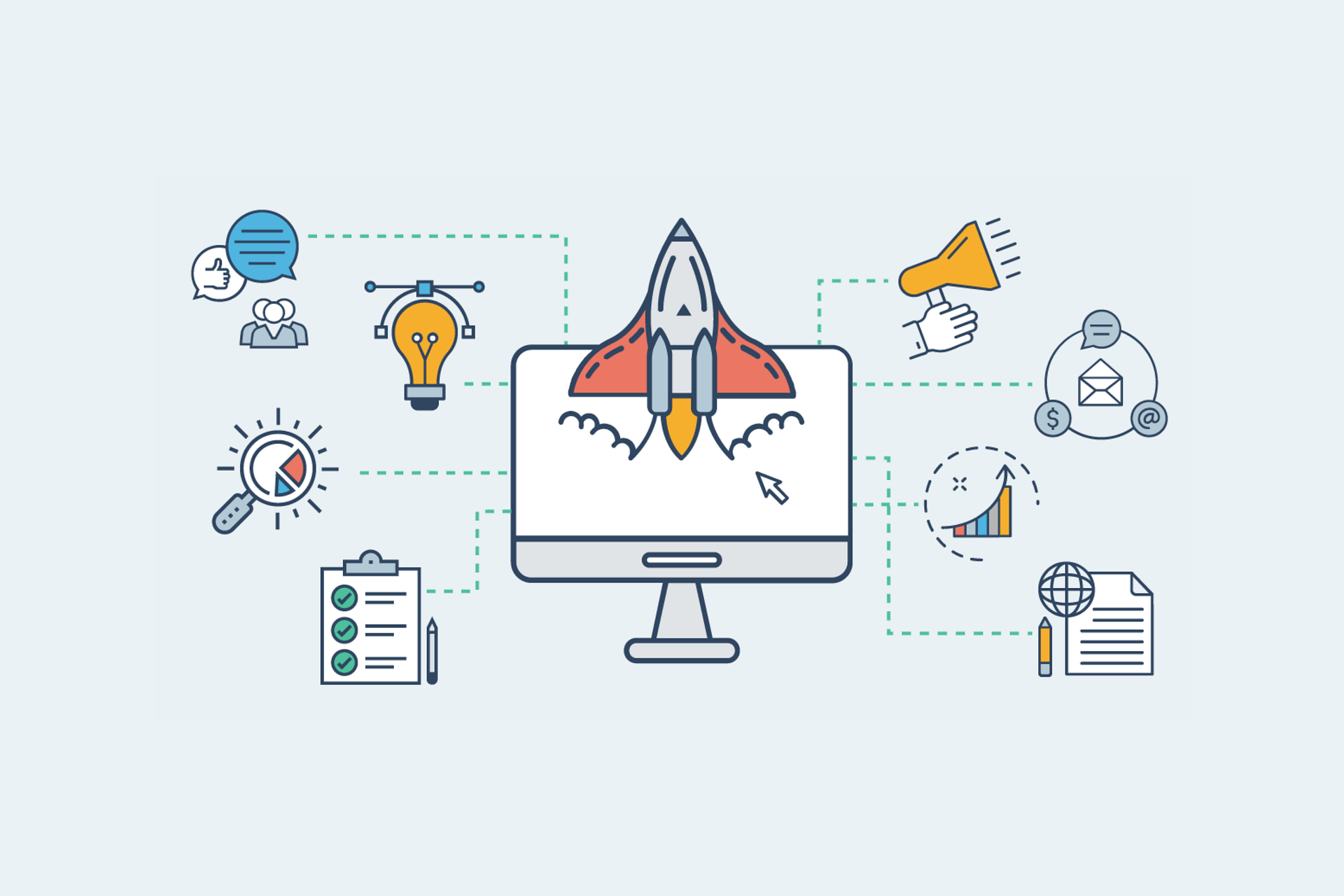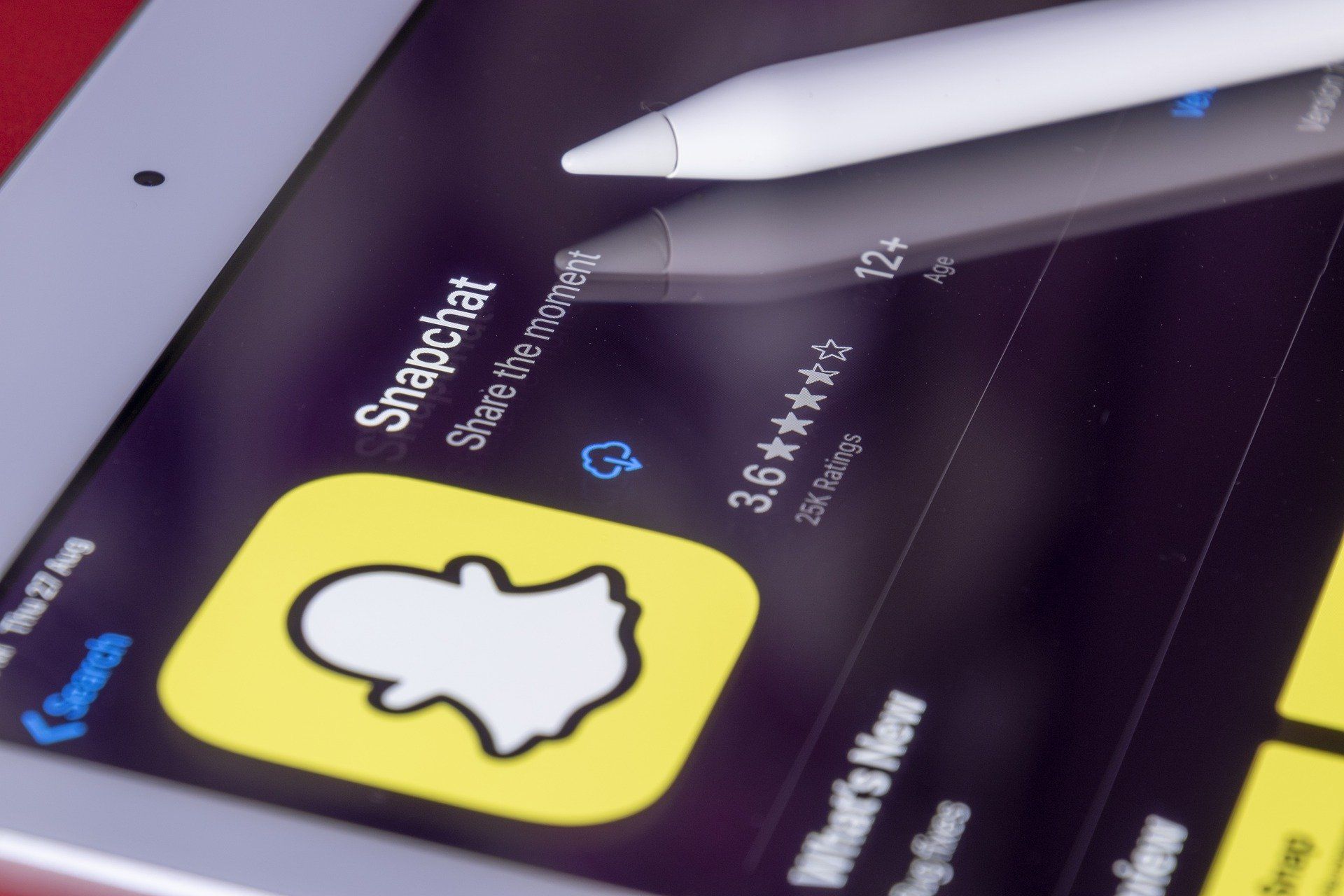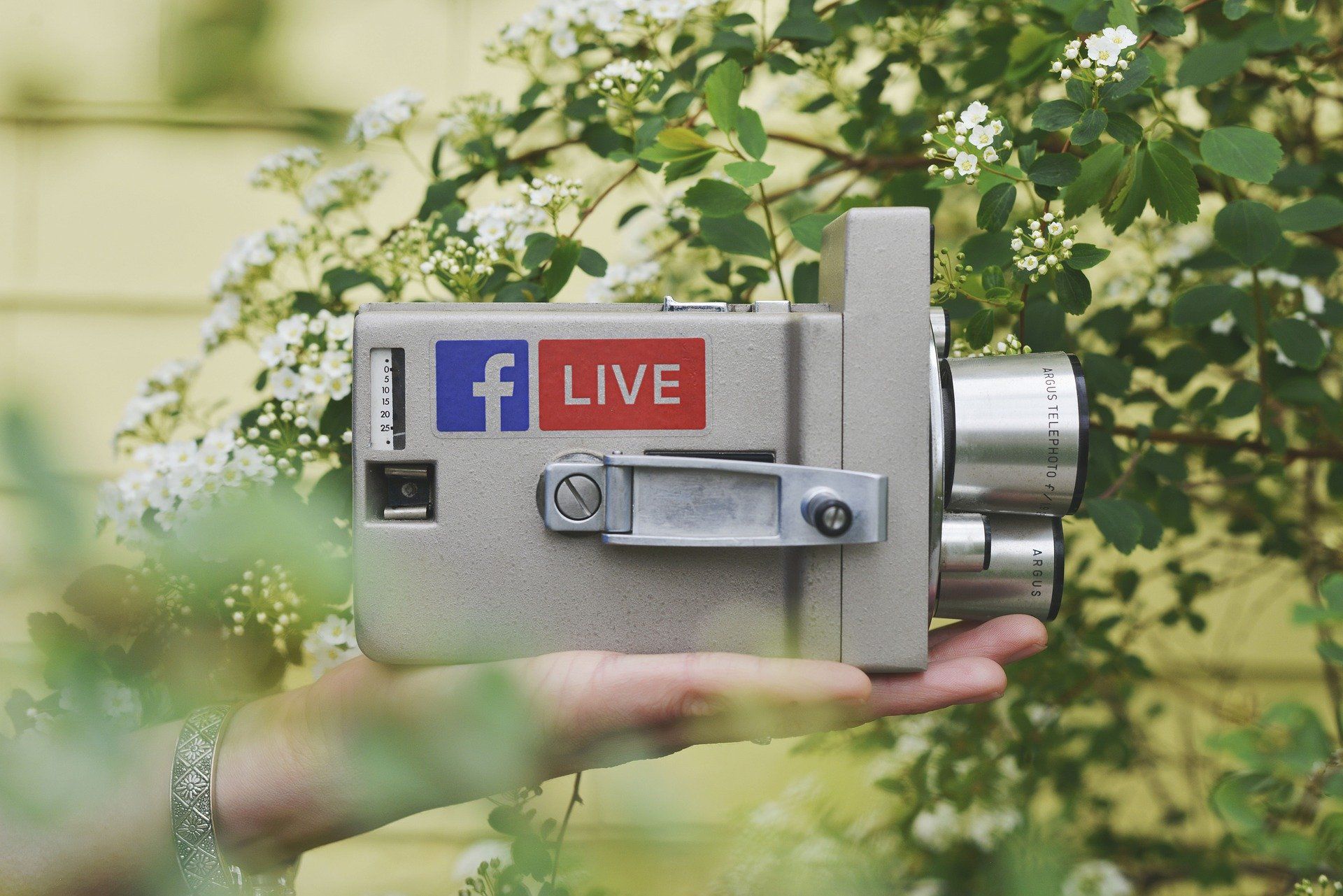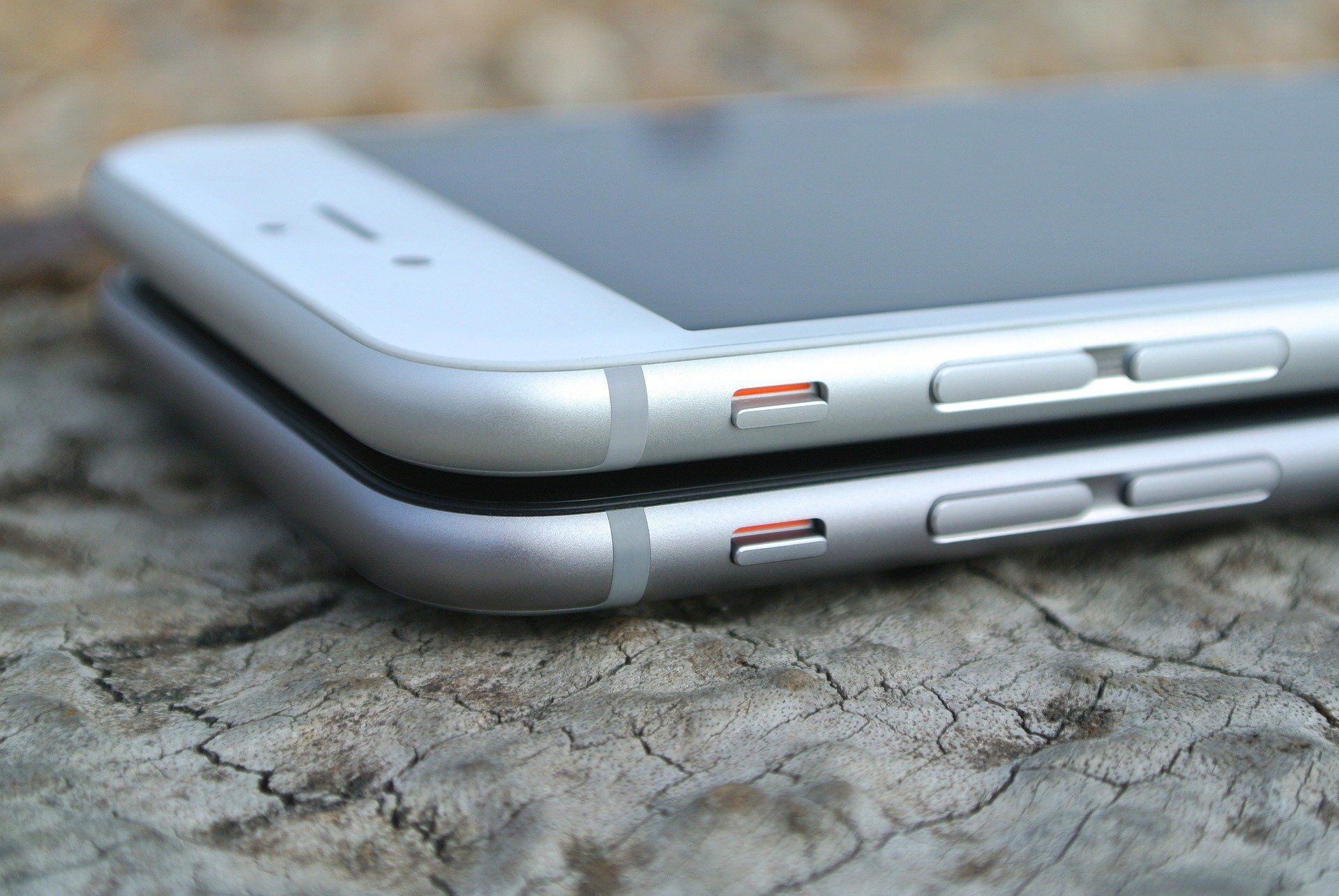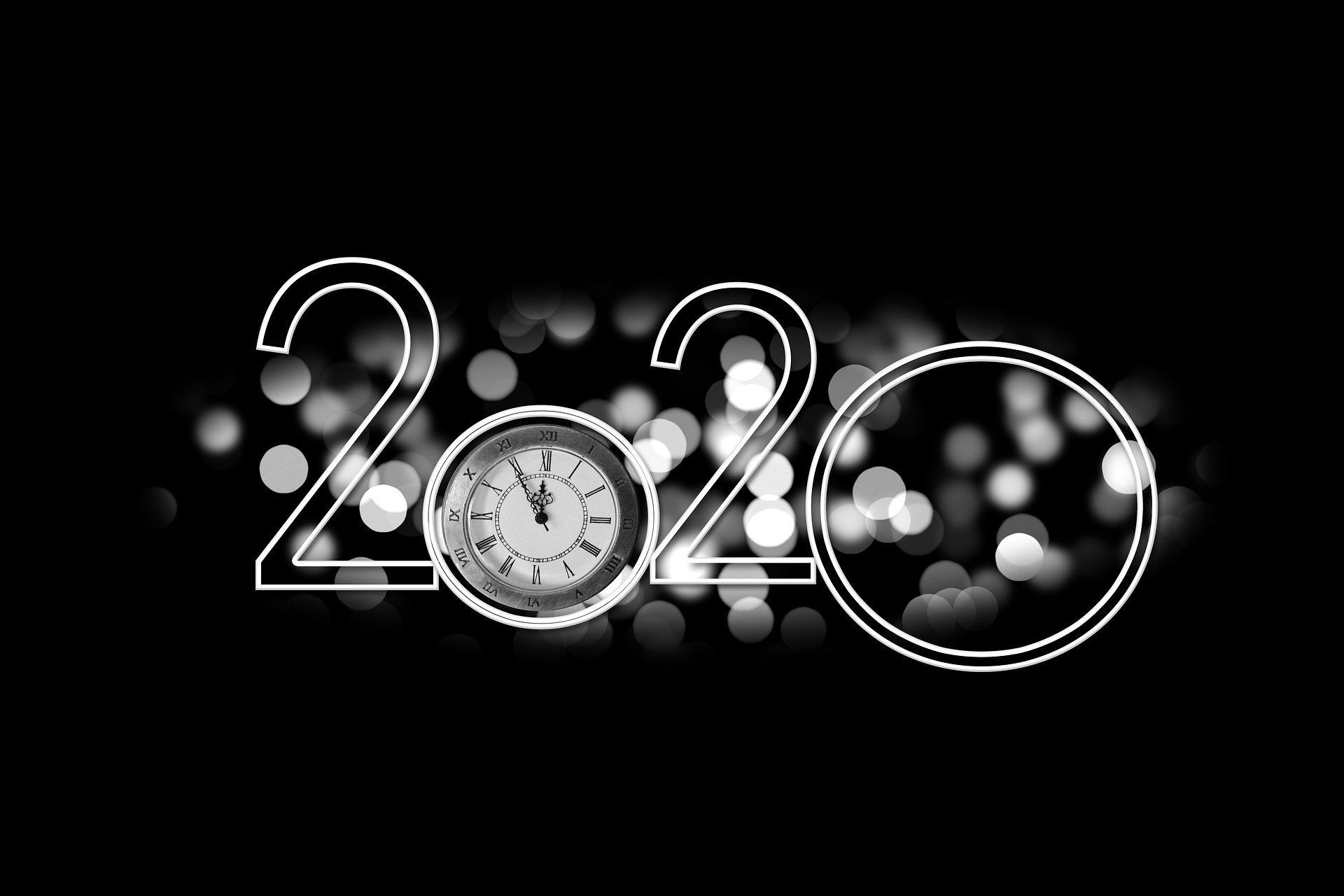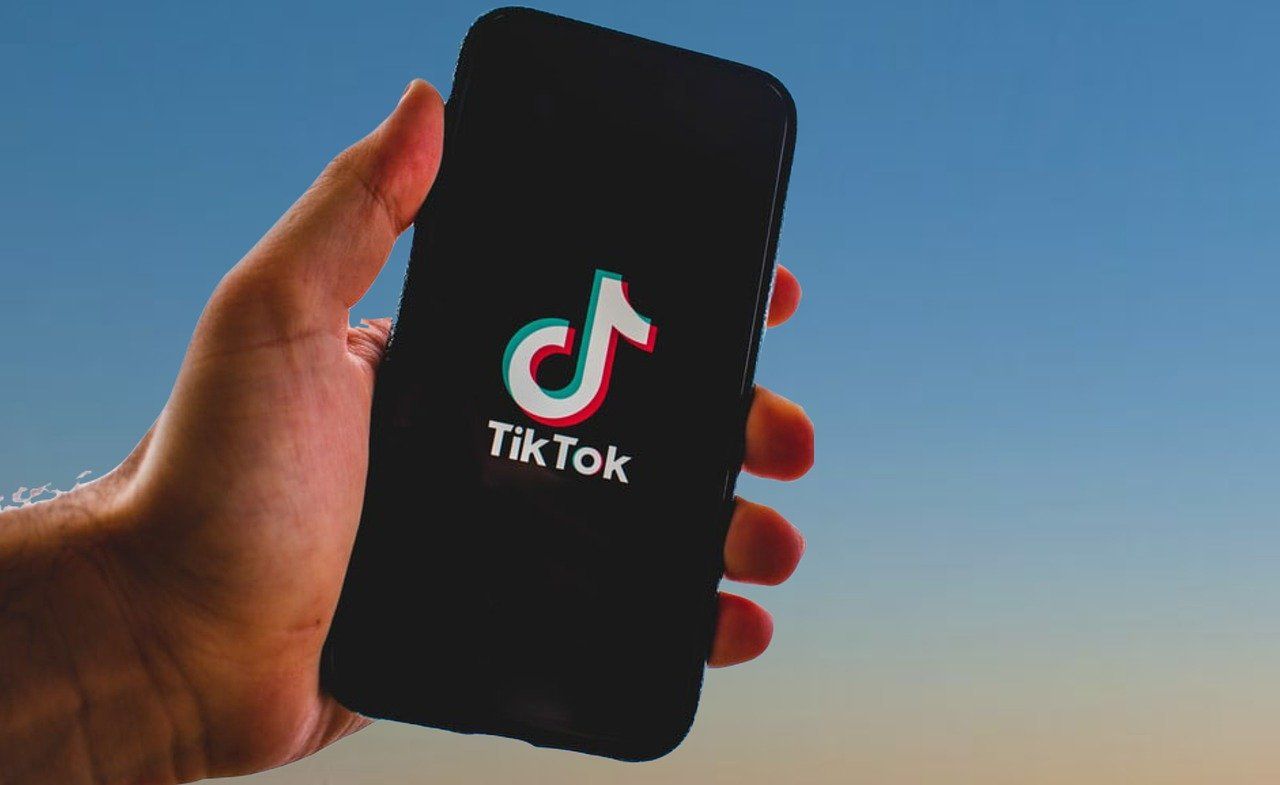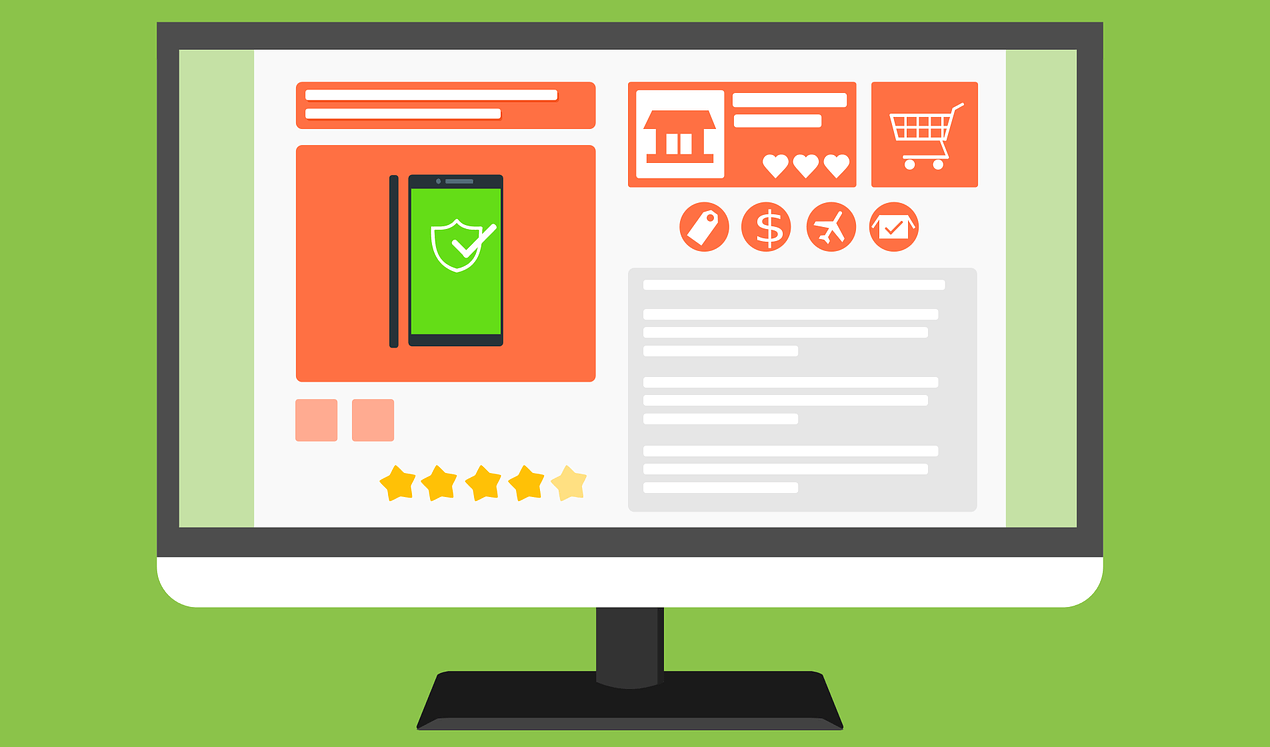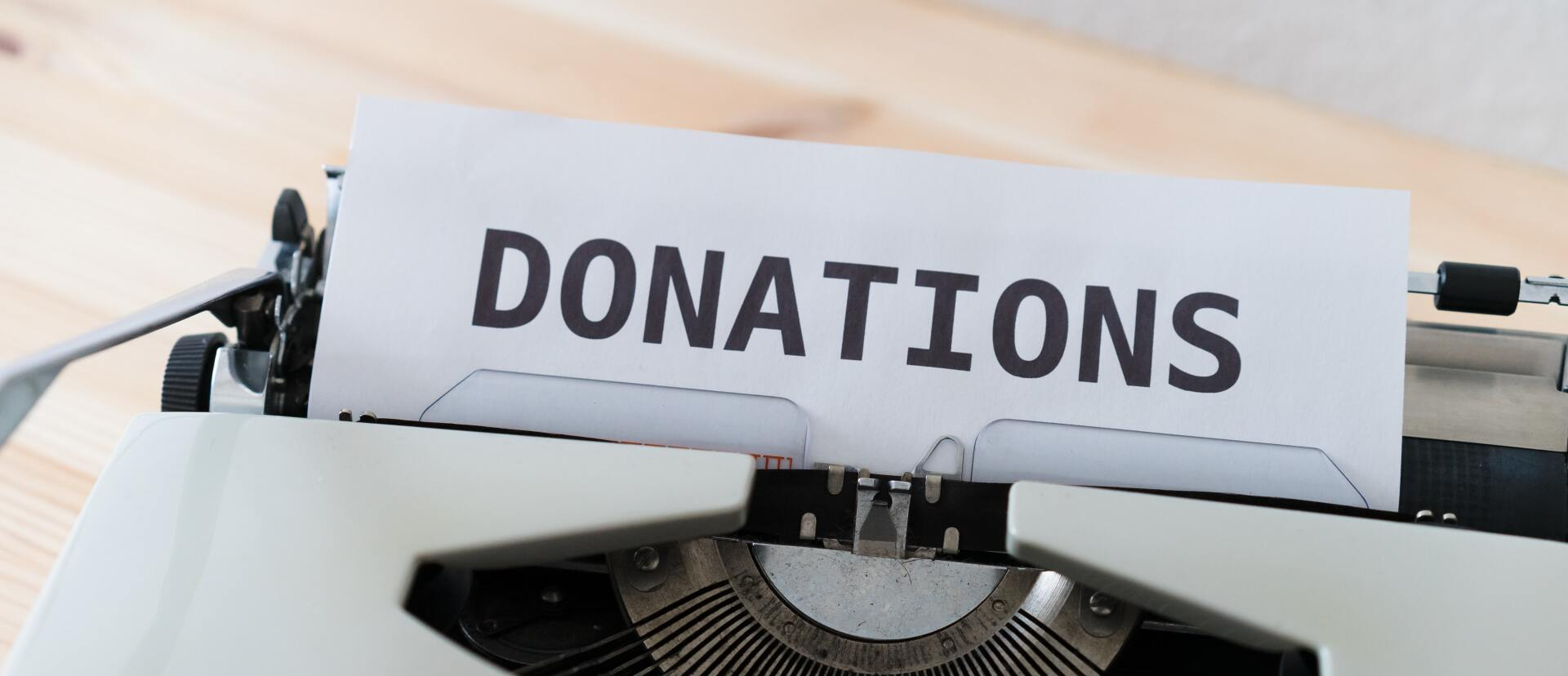If it doesn’t make dollars, it doesn’t make sense

By: Valerie Hamilton Green - Phase 3 Digital Victoria, TX
The digital landscape seems like a jungle, with new
creatures popping out at every turn. When the “jungle” was first discovered, it
was enough to have a website (most of which looked startlingly like a phone
book ad), but now that the Internet has progressed, just having a website is no
longer enough. That’s where the poachers come in.
What I mean by poacher is the people who are after the sale -- digital specialists that want to sell you OTT, display ads, targeted display ads, retargeted display ads, paid search ads, and the list goes on and on. But here’s the part that separates the poachers from the true resource salespeople: a true resource salesperson will help you place what’s going to WORK for your business.
I had a client tell me once, “If it don’t make dollars, it don’t make sense (cents).” Ironically, he was a coin and vintage money dealer, and the phrase has continually stuck with me. I apply it to every meeting, every pitch and every analysis I do with clients. Sometimes, it’s good to tell a client “No” because if it’s not going to make them dollars, it’s not going to make sense.
With the digital jungle that’s ever expanding, a good resourceful salesperson will sit down with Mr. or Ms. Client and take a look at their current web presence. Most businesses now have a website and at least one active social media platform. Our job as digital specialists is to look at the website and figure out what the benefit to the client’s customer would be. If the website allows the customer to set up an appointment with the client, then that’s a benefit. If the website allows the customer to set up a wish-list that’s saved into the client’s database, or if the website offers “special pricing” that can’t be found anywhere else, then all of that is a benefit to the client’s customers.
THAT is what we as digital specialists should be promoting with our digital plans. If the client's website is set up to show you the phone number, the physical address, the mailing address and it plays the theme song from Friends when you load it... well, then we need to not talk about advertising it and we need to talk to you about some of the other digital services we do.
Not every client NEEDS to have their 30-second commercial airing on YouTube, because odds are, that 30-second commercial isn’t going to be watched past the first 5 to 6 seconds. Not every client NEEDS to have “those ads that follow you around when you’re looking at other stuff” because if their website doesn’t have any viewable product with product information, then why would the customer want to go back to it? Our job (and we’re pretty good at it too) is to help clients navigate through the digital jungle, go around the poachers, and arrive at a reasonable, sound and solid destination – where the clients’ digital dollars make sense.
Just because it’s new and shiny doesn’t make it effective and right for you the client. You the client may not need “those cool ads that stalk you across the Internet,” and as much as we hate to do it, we the resourceful digital specialists of Phase 3 Digital will tell you “No” if we have to…. Because if it doesn’t make dollars, it doesn’t make sense.
